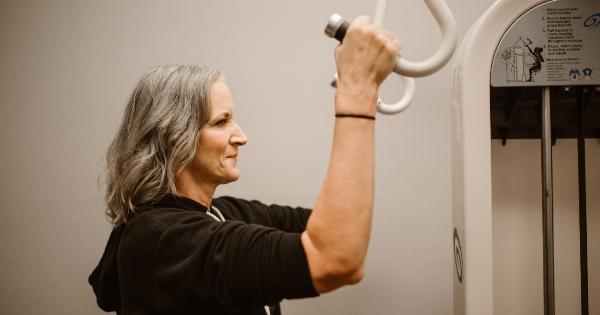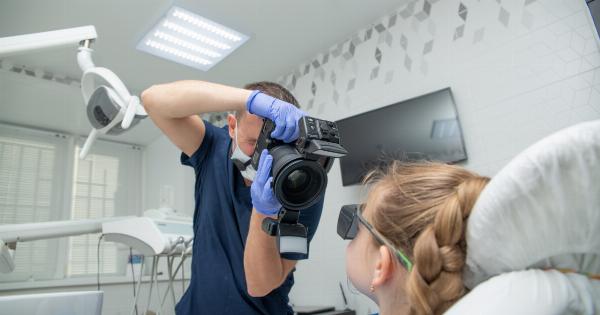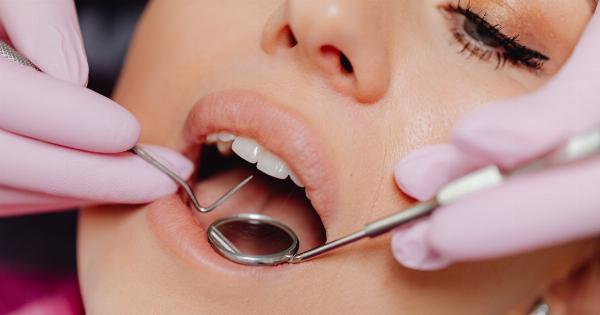Going to the dentist can be a nerve-wracking experience for many people. The fear of dental procedures is a common phobia that affects millions of individuals worldwide.
This fear often stems from a combination of factors, including past negative experiences, fear of pain, feelings of vulnerability, and the sound and smell of dental equipment. Understanding and addressing this fear is essential for both patients and dental professionals to ensure a positive and comfortable dental visit.
The Causes of Dental Fear
Dental fear can be triggered by various causes. One of the leading factors is previous traumatic experiences. Individuals who have had painful or uncomfortable dental procedures in the past may develop a deep-rooted fear associated with these memories.
Additionally, the fear of pain is a significant reason why people avoid dental visits. The fear of the unknown, anticipation of toothaches or injections, and concerns about potential procedures can all contribute to dental anxiety.
Feelings of vulnerability and loss of control can also play a role in dental fear. Being in a reclined position with someone else working inside your mouth can make individuals feel helpless and exposed.
Furthermore, the sights, sounds, and smells frequently encountered at a dental office can be overwhelming for some individuals.
The sound of the dental drill, the smell of antiseptics, and even the sight of sharp instruments can trigger anxiety and fear.
The Consequences of Dental Fear
Ignoring dental care due to fear can lead to several oral health consequences. When individuals avoid routine dental visits, dental problems can go undiagnosed and untreated, leading to further complications and more invasive procedures down the line.
Poor oral health can also have a significant impact on an individual’s overall well-being.
Neglecting dental hygiene and treatments can result in gum disease, tooth decay, and even tooth loss, which can affect one’s self-esteem, ability to eat comfortably, and overall quality of life.
Furthermore, dental anxiety can also have emotional consequences. The constant stress and worry associated with dental visits can lead to increased anxiety, sleep disturbances, and a decreased quality of life.
Addressing Dental Fear
Fortunately, there are various strategies and techniques that can help individuals overcome their fear of dental procedures.
1. Open Communication: It is crucial for patients to openly communicate their fears and concerns with their dentist or dental hygienist. By discussing their anxiety, patients can develop trust and establish a comfortable environment during dental visits.
2. Establishing Trust: Building a trusting relationship with a dental professional can significantly reduce fear and anxiety.
Trusting that the dentist will listen to concerns, explain procedures, and provide pain management options can help alleviate dental phobia.
3. Gradual Approach: Dental fear can be addressed by gradually exposing individuals to dental procedures.
For example, starting with simple and non-invasive treatments can help patients gain confidence and gradually overcome their fear of more complex procedures.
4. Distraction Techniques: Several distraction techniques, such as listening to music, reading a book, or watching a movie, can help patients divert their attention from dental procedures and reduce anxiety.
5. Sedation Dentistry: For individuals with severe dental fear, sedation dentistry may be an option. Techniques such as nitrous oxide (laughing gas) or oral sedation can help patients relax during dental procedures.
6. Cognitive-Behavioral Therapy (CBT): CBT is a form of therapy that helps individuals identify and change negative thought patterns related to dental fear.
By challenging irrational beliefs and introducing positive coping strategies, CBT can be highly effective in reducing dental anxiety.
7. Relaxation Techniques: Learning relaxation techniques, such as deep breathing exercises or meditation, can help individuals manage their anxiety during dental visits.
8. Desensitization: Gradual exposure to dental stimuli, such as dental noises or the sight of dental instruments, can help desensitize individuals and reduce fear over time.
9. Dental Education: Understanding dental procedures and the equipment used can demystify the process and reduce fear. Dental professionals can take the time to explain each step of a procedure, answer questions, and address concerns.
10. Support Systems: Seeking support from friends, family, or dental anxiety support groups can provide individuals with reassurance and encouragement during dental visits.
Conclusion
The fear of dental procedures is a common phobia that affects many people. Understanding the causes and consequences of dental fear is the first step in addressing this issue.
By implementing open communication, establishing trust, and utilizing techniques such as gradual exposure and relaxation, individuals can overcome their fear and receive the essential dental care they need. With the right strategies and support, dental visits can become a more comfortable and positive experience for everyone.























